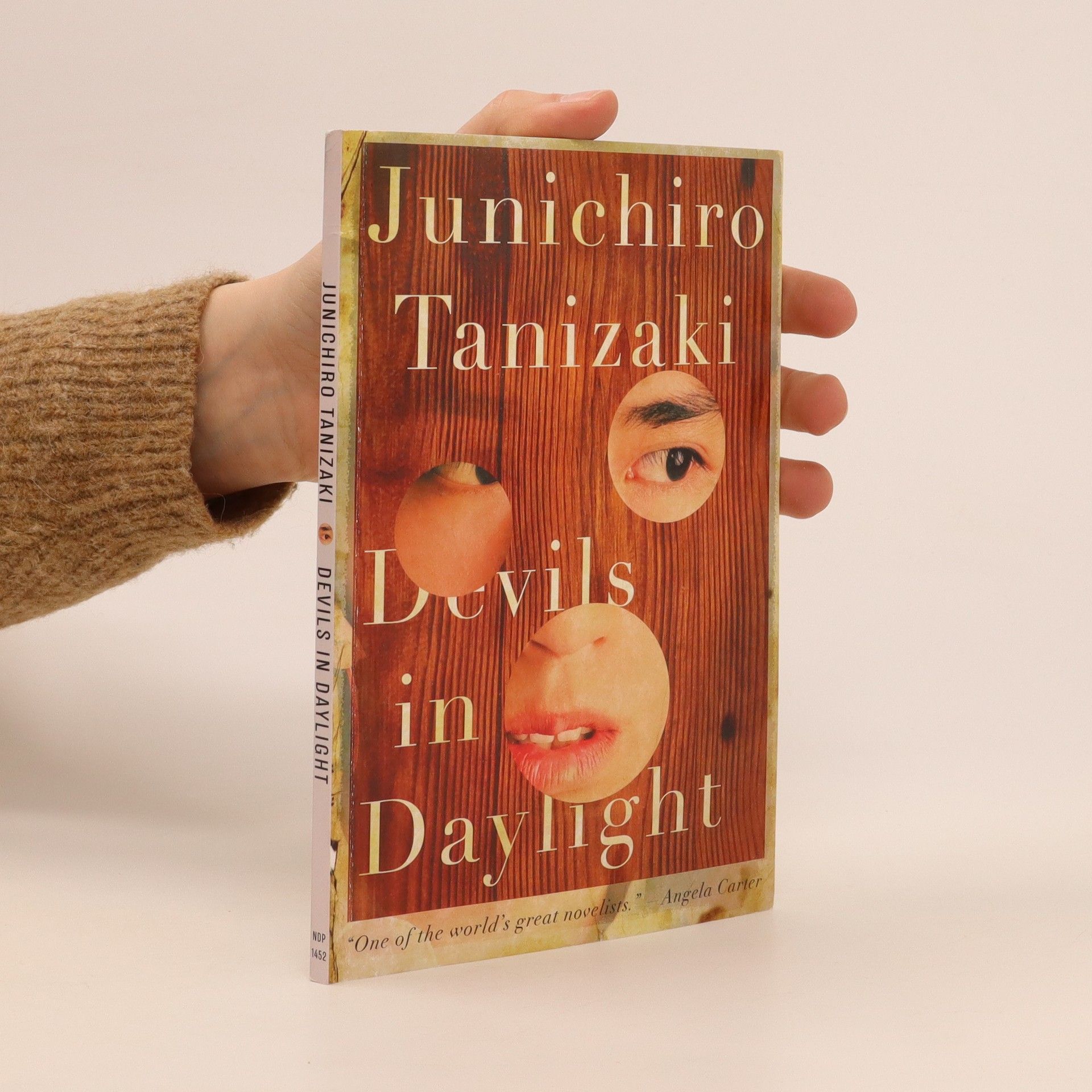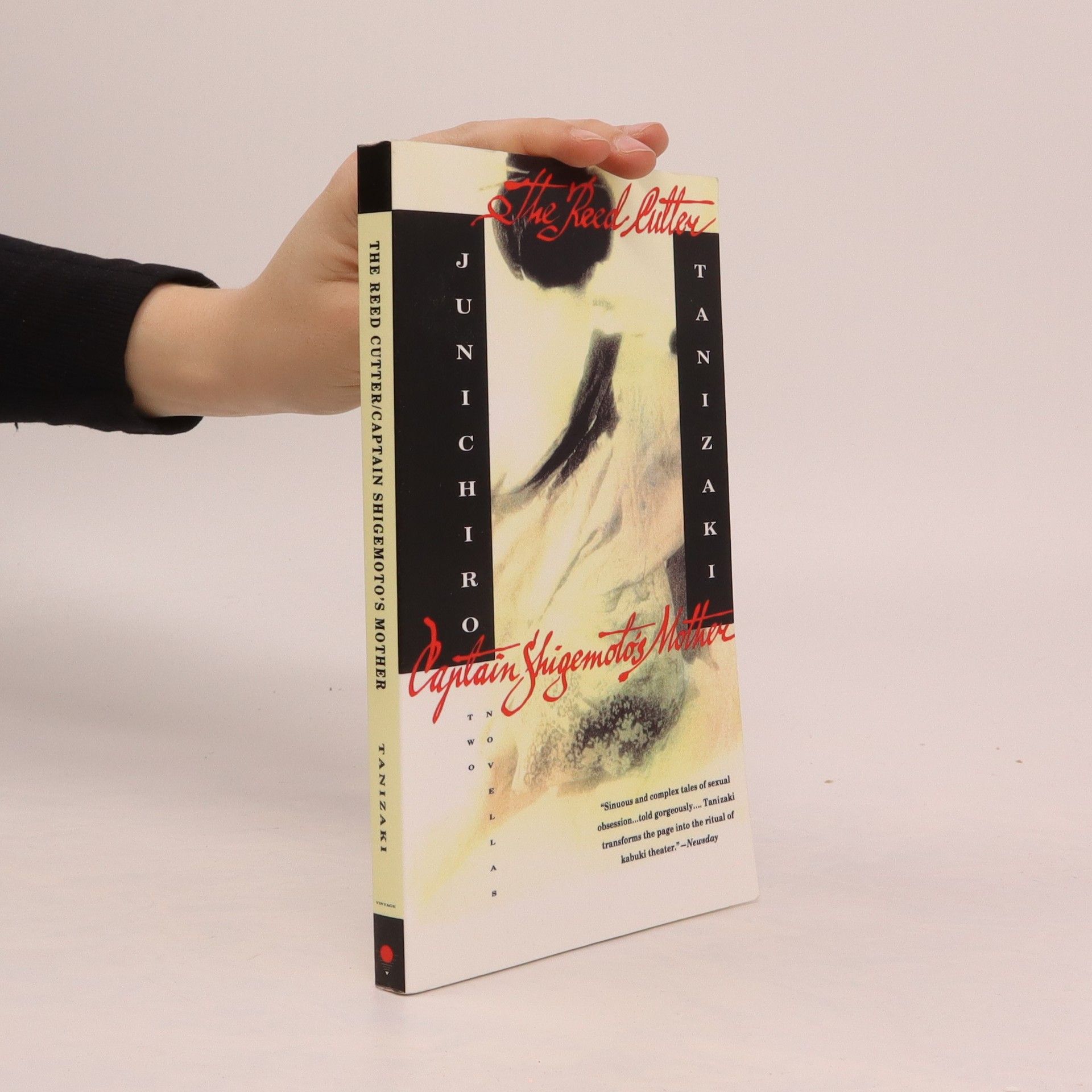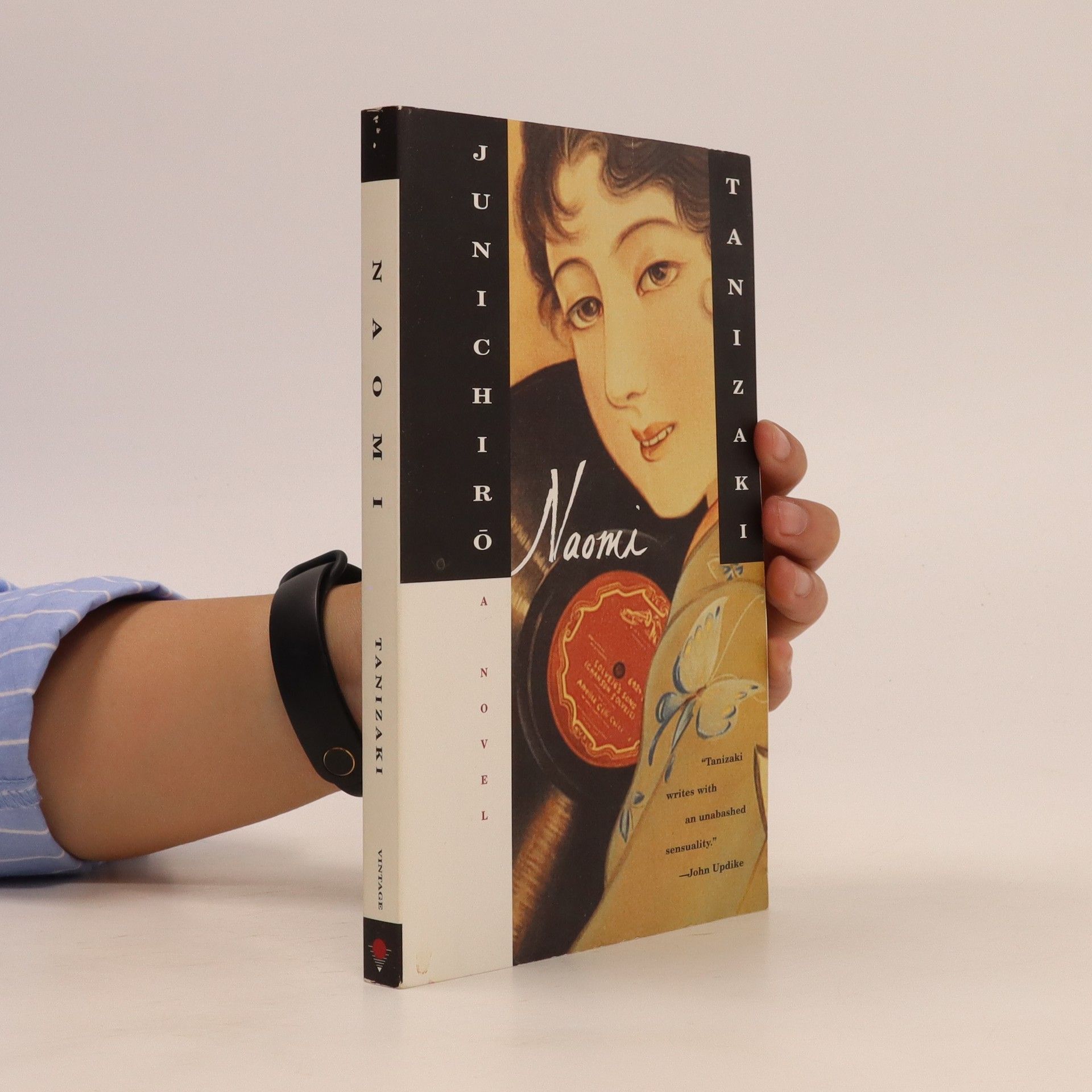Junichirō Tanizaki’s magisterial evocation of a proud Osaka family in decline during the years immediately before World War II is arguably the greatest Japanese novel of the twentieth century and a classic of international literature. Tsuruko, the eldest sister of the once-wealthy Makioka family, clings obstinately to the prestige of her family name even as her husband prepares to move their household to Tokyo, where that name means nothing. Sachiko compromises valiantly to secure the future of her younger sisters. The shy, unmarried Yukiko is a hostage to her family’s exacting standards, while the spirited Taeko rebels by flinging herself into scandalous romantic alliances and dreaming of studying fashion design in France. Filled with vignettes of a vanishing way of life, The Makioka Sisters is a poignant yet unsparing portrait of a family—and an entire society—sliding into the abyss of modernity. It possesses in abundance the keen social insight and unabashed sensuality that distinguish Tanizaki as a master novelist.
Junichiro Tanizaki Libros
Jun'ichirō Tanizaki fue un autor japonés y una figura clave de la literatura japonesa moderna. Sus obras a menudo profundizan en los aspectos más oscuros de la sexualidad y las obsesiones eróticas destructivas, mientras que otras retratan sutilmente las dinámicas familiares en medio de los rápidos cambios sociales del Japón del siglo XX. Con frecuencia, sus narrativas exploran la búsqueda de la identidad cultural, yuxtaponiendo nociones de 'Occidente' y 'tradición japonesa' para crear resultados complejos, irónicos y provocativos.

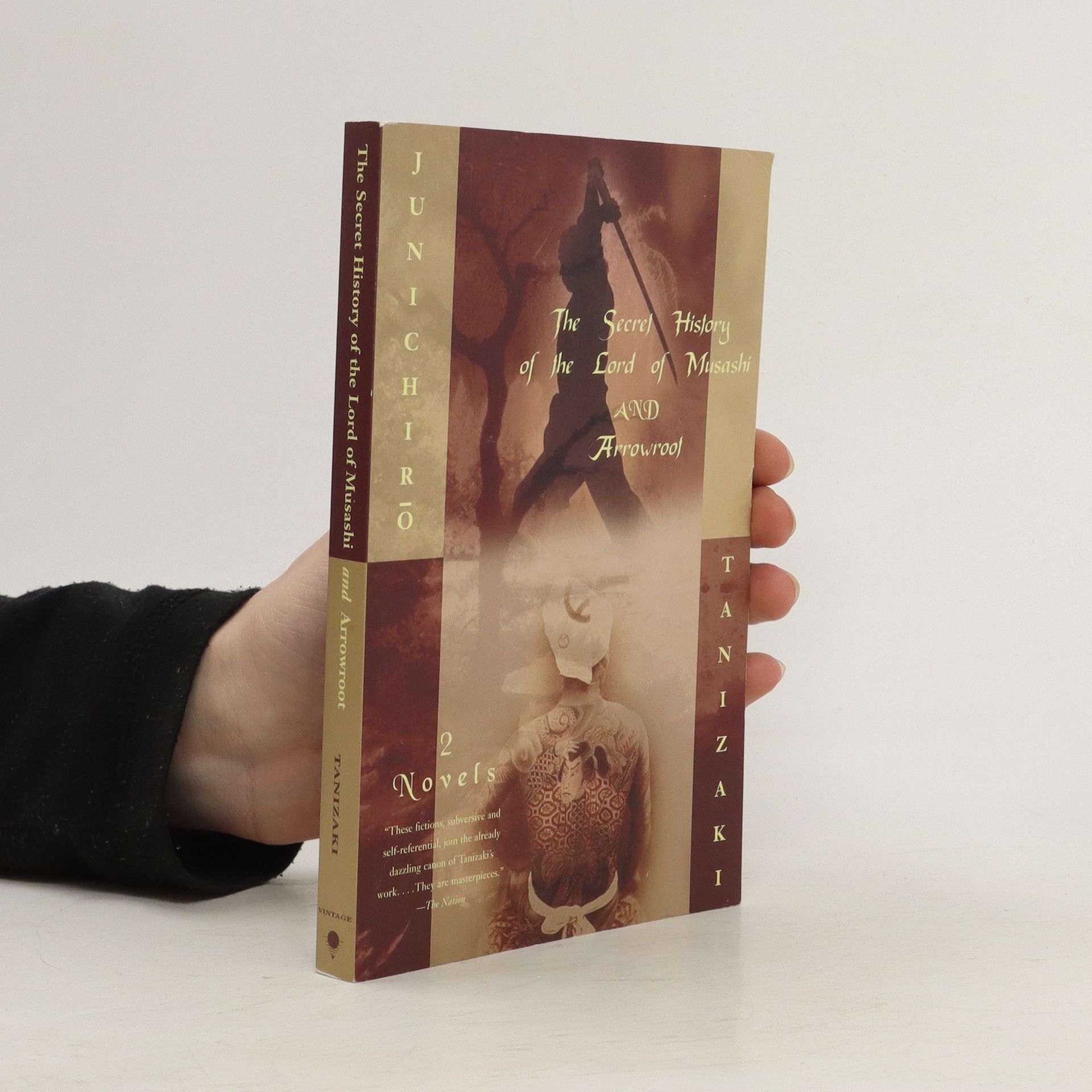

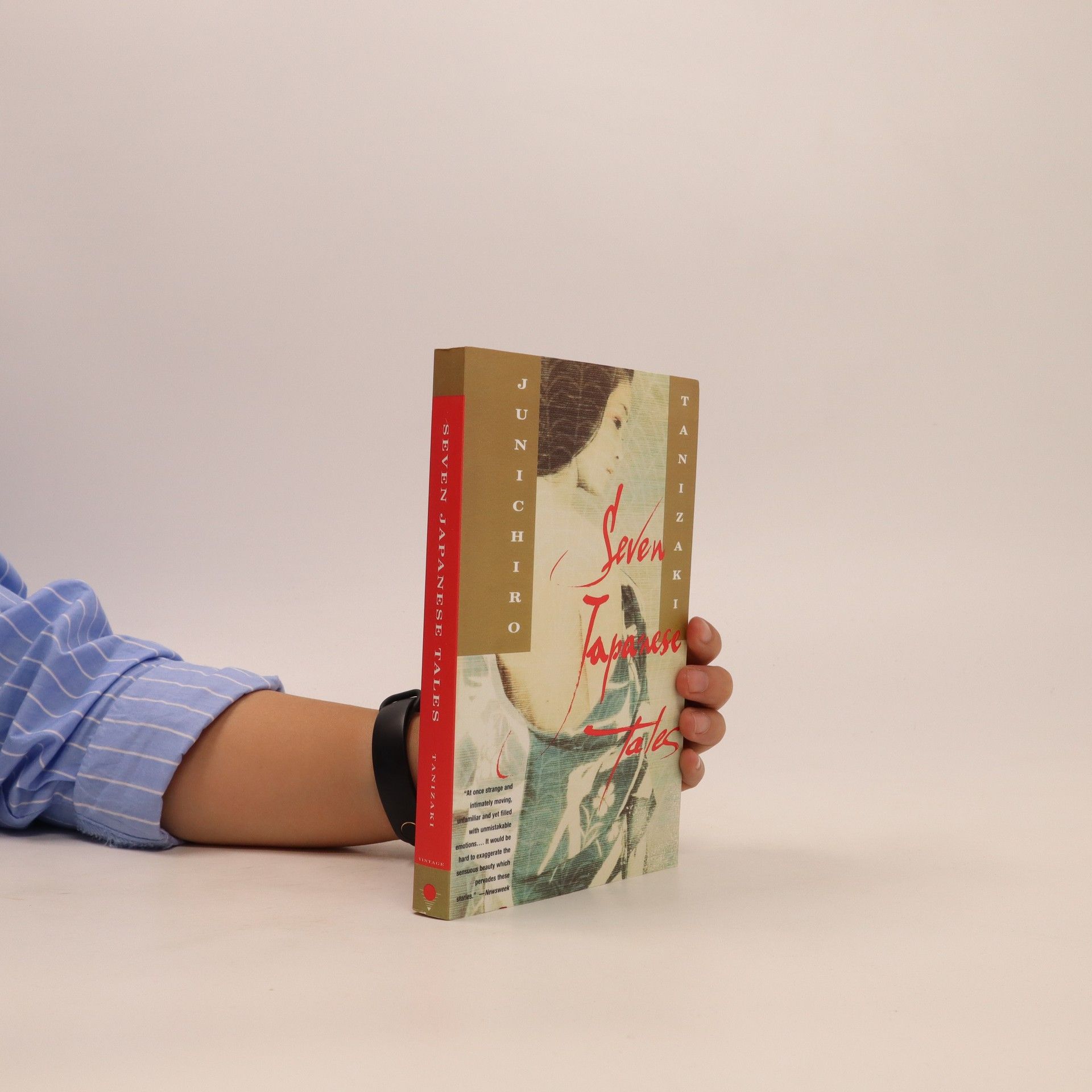



Tanizaki's masterpiece is the story of four sisters, and the declining fortunes of a traditional Japanese family. It is a loving and nostalgic recreation of the sumptuous, intricate upper-class life of Osaka immediately before World War Two. With surgical precision, Tanizaki lays bare the sinews of pride, and brings a vanished era to vibrant life.
In praise of shadows
- 80 páginas
- 3 horas de lectura
Librarian note: An alternative cover edition can be found hereThis is an enchanting essay on aesthetics by one of the greatest Japanese novelists. Tanizaki's eye ranges over architecture, jade, food, toilets, and combines an acute sense of the use of space in buildings, as well as perfect descriptions of lacquerware under candlelight and women in the darkness of the house of pleasure. The result is a classic description of the collision between the shadows of traditional Japanese interiors and the dazzling light of the modern age.
In these seven stories, the author of The Makioka Sisters explores the territory where love becomes self-annihilation, where the contemplation of beauty gives way to fetishism, and where tradition becomes an instrument of refined cruelty.
Longing and Other Stories
- 160 páginas
- 6 horas de lectura
Jun'ichiro Tanizaki is one of the most prominent Japanese writers of the twentieth century. This book presents three powerful stories of family from the first decade of Tanizaki's career. Written in different genres, they are united by a focus on mothers and sons and a concern for Japan's traditional culture in the face of Westernization.
From a Japanese master of romantic and sexual obsession come two novels that treat traditional themes with sly wit and startling psychological sophistication. In The Secret History of the Lord of Musashi, Junichir Tanizaki reimagines the exploits of a legendary samurai as a sadomasochistic dance between the hero and the wife of his enemy. Arrowroot, though set in the twentieth century, views an adult orphan’s search for his mother’s past through the translucent shoji screen of ancient literature and myth. Both works are replete with shocking juxtapositions. Severed heads become objects of erotic fixation. Foxes take on human shape. An aristocratic lady loves and pities the man she is conspiring to destroy. This supple translation reveals the full scope of Tanizaki’s gift: his confident storytelling, luminous detail, and astonishingly vital female characters.
Devils in Daylight
- 96 páginas
- 4 horas de lectura
Now in paperback, a suspenseful early novella from "the outstanding Japanese novelist of this century" (Edmund White).
The Reed Cutter and Captain Shigemoto's Mother
- 192 páginas
- 7 horas de lectura
One of the great novelists of the twentieth century, Junichiro Tanizaki wrote about love--and sex--with a breathtaking suppleness of style and a vast depth of literary allusion. In these two novellas, brilliantly translated by Anthony H. Chambers and appearing in paperback for the first time, Tanizaki probes the translucent screen that separates idealized yearning from humiliating obsession in a society of impenetrable decorum.
Naomi
- 256 páginas
- 9 horas de lectura
A hilarious story of one man’s obsession and a brilliant reckoning of a nation’s cultural confusion—from a master Japanese novelist. When twenty-eight-year-old Joji first lays eyes upon the teenage waitress Naomi, he is instantly smitten by her exotic, almost Western appearance. Determined to transform her into the perfect wife and to whisk her away from the seamy underbelly of post-World War I Tokyo, Joji adopts and ultimately marries Naomi, paying for English and music lessons that promise to mold her into his ideal companion. But as she grows older, Joji discovers that Naomi is far from the naïve girl of his fantasies. And, in Tanizaki’s masterpiece of lurid obsession, passion quickly descends into comically helpless masochism.
Shinako has been ousted from her marriage by her husband Shozo and his younger lover Fukuko. She's lost her home, status and respectability, but the only thing she longs for is Lily, the elegant tortoiseshell cat she shared with her husband. As Shinako pleads for Lily's return, Shozo's reluctance to part with the cat reveals his true affections, and the lengths he'll go to hold onto the one he loves most. A small masterpiece, A Cat, a Man, and Two Women is a study of Japanese society and manners, and an oddball comedy about a love triangle in which the only real rival is feline
